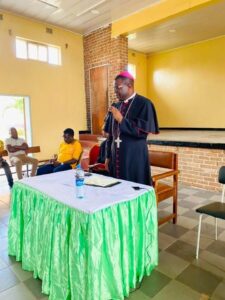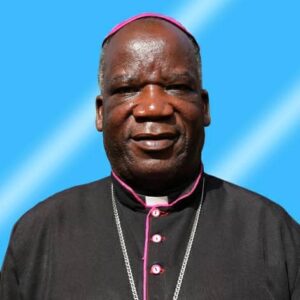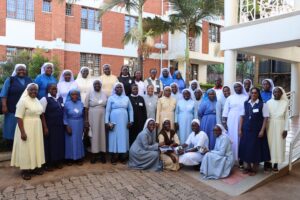SECAM: Bishops of Africa and Europe Ready to “Build Bridges of Brotherhood”
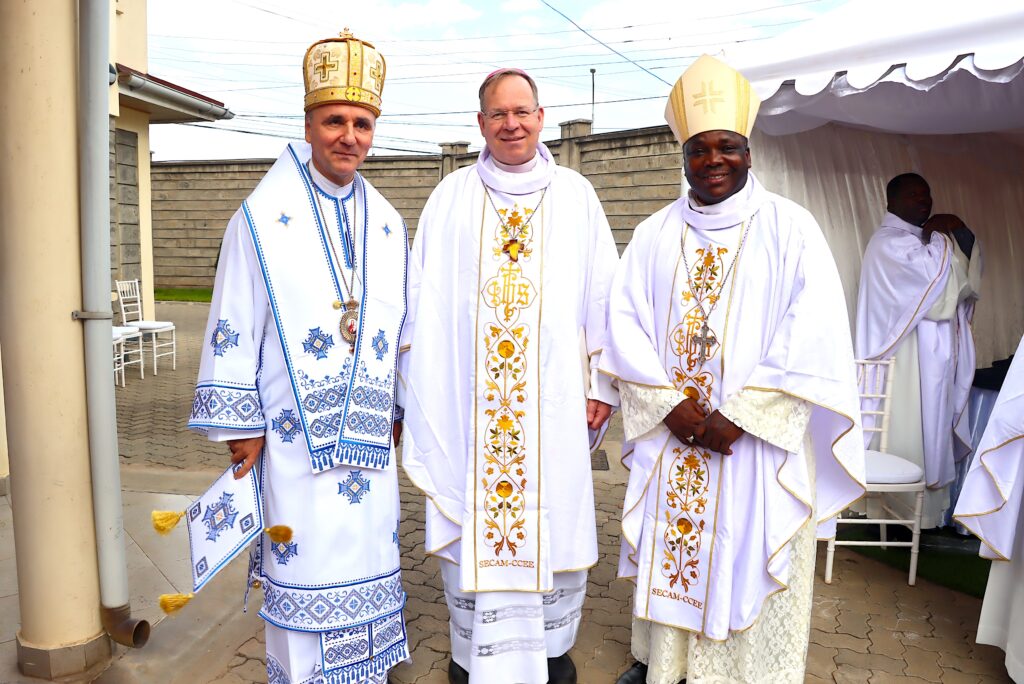
Sr. Jecinter Antoinette Okoth, FSSA
The bishops from the Symposium of Episcopal Conferences of Africa and Madagascar (SECAM) and the Council of European Catholic Bishops’ Conferences (CCEE) in their just concluded two-day seminar that was held at Mariapolis Retreat Centre in Nairobi, Kenya on 24th and 25th, January, have pledged to build bridges of brotherhood to strengthen the bond of synodality between the two continents.
In their statement read to the media on Thursday, January 25, by the CCEE President Archbishop Gintaras Grušas of Vilnius, Lithuania, they noted that bishops of Africa and Europe are united in a call to cultivate a culture of fraternity.
“Inspired by Pope Francis’ exhortations, we recognize the urgent need to build bridges of brotherhood that will renew and invigorate our continents. Embracing this spirit of fraternity, we are committed to creating a more harmonious and prosperous future for our diverse communities,” Archbishop Grušas read out the Wednesday statement.
In their partnership seminar themed “Synodality: Africa and Europe walking together,” the bishops promised to be more committed than ever to deepening their relationship and collaboration saying in the statement, “We understand that our unity in Christ is pivotal to our mission and that we are all learners in this shared journey of faith.”
“It is imperative that our actions and words, both within the Church and in our wider communities, reflect the unity and love that Christ himself prayed for,” reads part of the joint statement.
The statement highlighted some of the discussions that shape the landscape of the Church and societies including the reform of the Roman Curia, as presented in the new Apostolic Constitution “Praedicate Evangelium,” the African and European experiences after the first phase of the synod, and the role and participation of the youth in the Church’s life and mission.
Concerning the new Apostolic Constitution Praedicate Evangelium, the Church officials acknowledged that the reform represents a “milestone in aligning the Church with the demands and challenges of the 21st century.” At the same time, “It underscores a shift towards a more missionary, collaborative, and inclusive Church, where the laity’s participation is as vital as that of the clergy.”
On the experiences after the first phase of the synod that was held in Rome last year October, the prelates agreed that they engaged in in-depth discussions and shared insights from both European and African perspectives where each continent acknowledged the unique cultural and ecclesial identities.
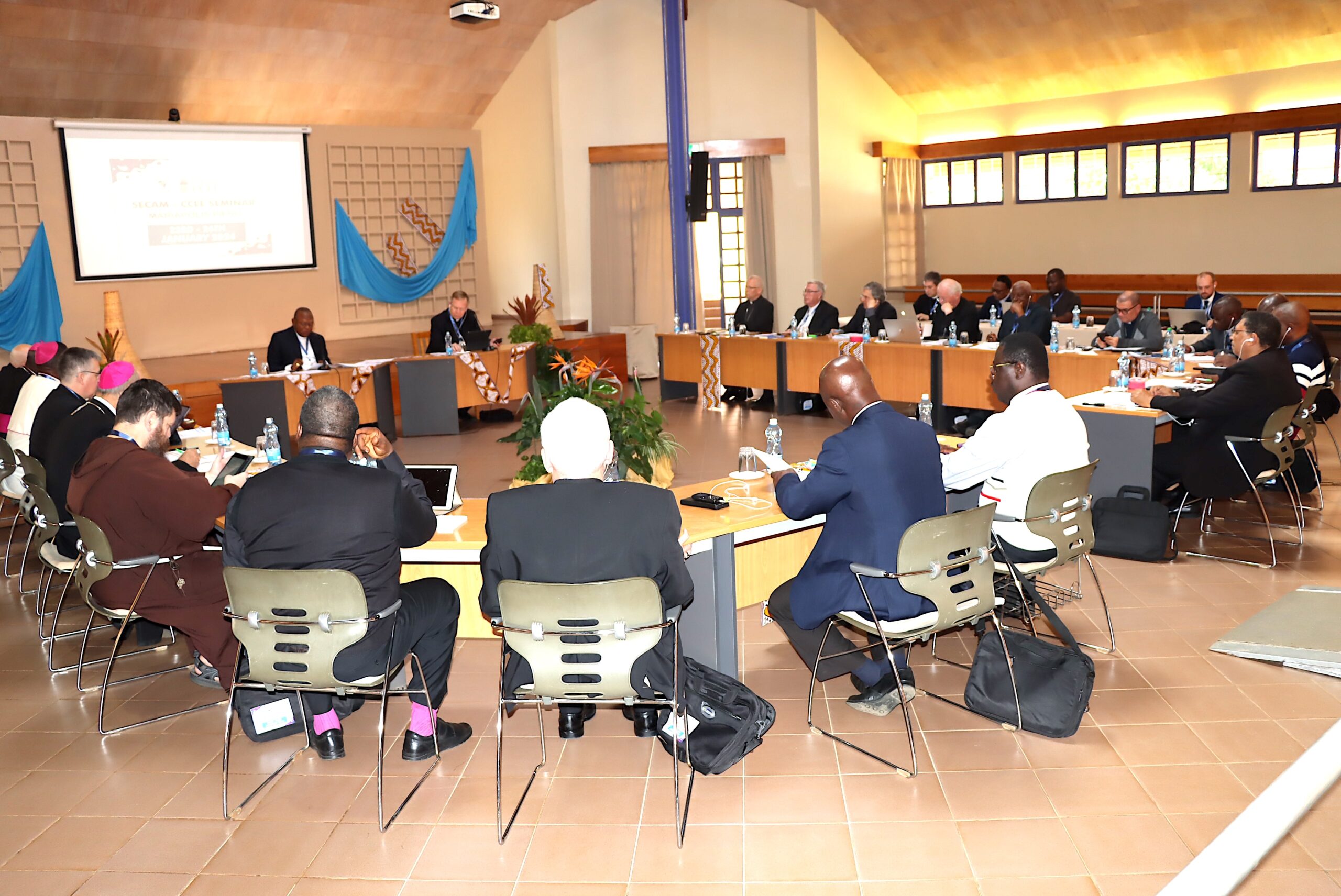 “This session highlighted the importance of a synodal journey characterized by deep listening, discernment, and a commitment to transparency and dialogue,” they said in their joint statement and expounded further, “The European experience, enriched by its diverse ecclesial identity, and the African perspective, with its emphasis on communal values and practices, both contribute significantly to the global Church’s journey towards a more synodal structure.”
“This session highlighted the importance of a synodal journey characterized by deep listening, discernment, and a commitment to transparency and dialogue,” they said in their joint statement and expounded further, “The European experience, enriched by its diverse ecclesial identity, and the African perspective, with its emphasis on communal values and practices, both contribute significantly to the global Church’s journey towards a more synodal structure.”
The bishops also recognized that youths not only from the two continents but across the globe, “bring unique perspectives and energy that are crucial for the Church’s growth and relevance, especially in contemporary times.”
“Our discussions underscored the necessity of listening attentively to their (youths) experiences and insights, committing ourselves to respond to their needs and aspirations,” the bishops said and concluded, “This engagement with the youth is not a mere inclusion; it is a vital step towards ensuring a dynamic, vibrant, and relevant Church community.”
